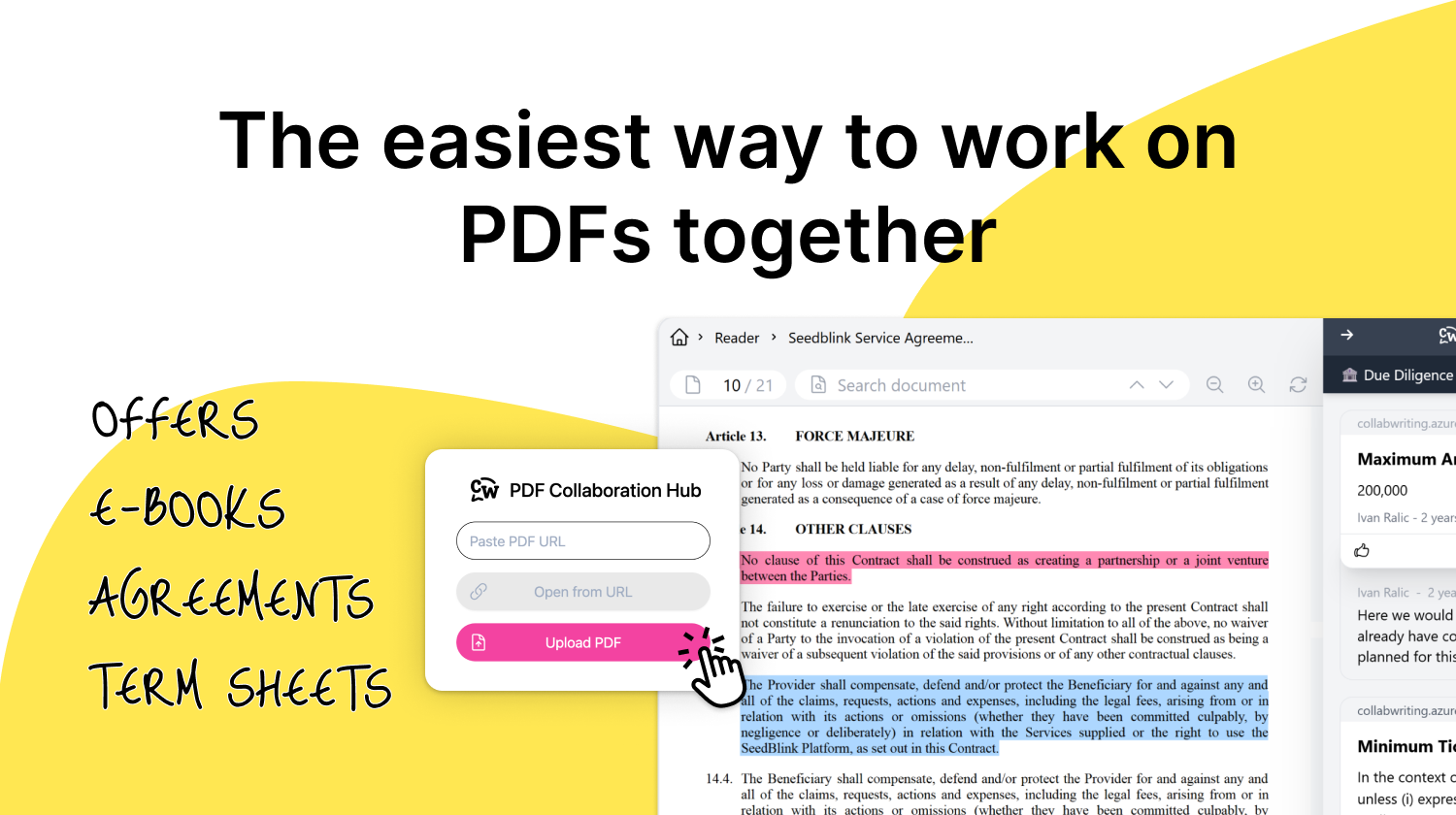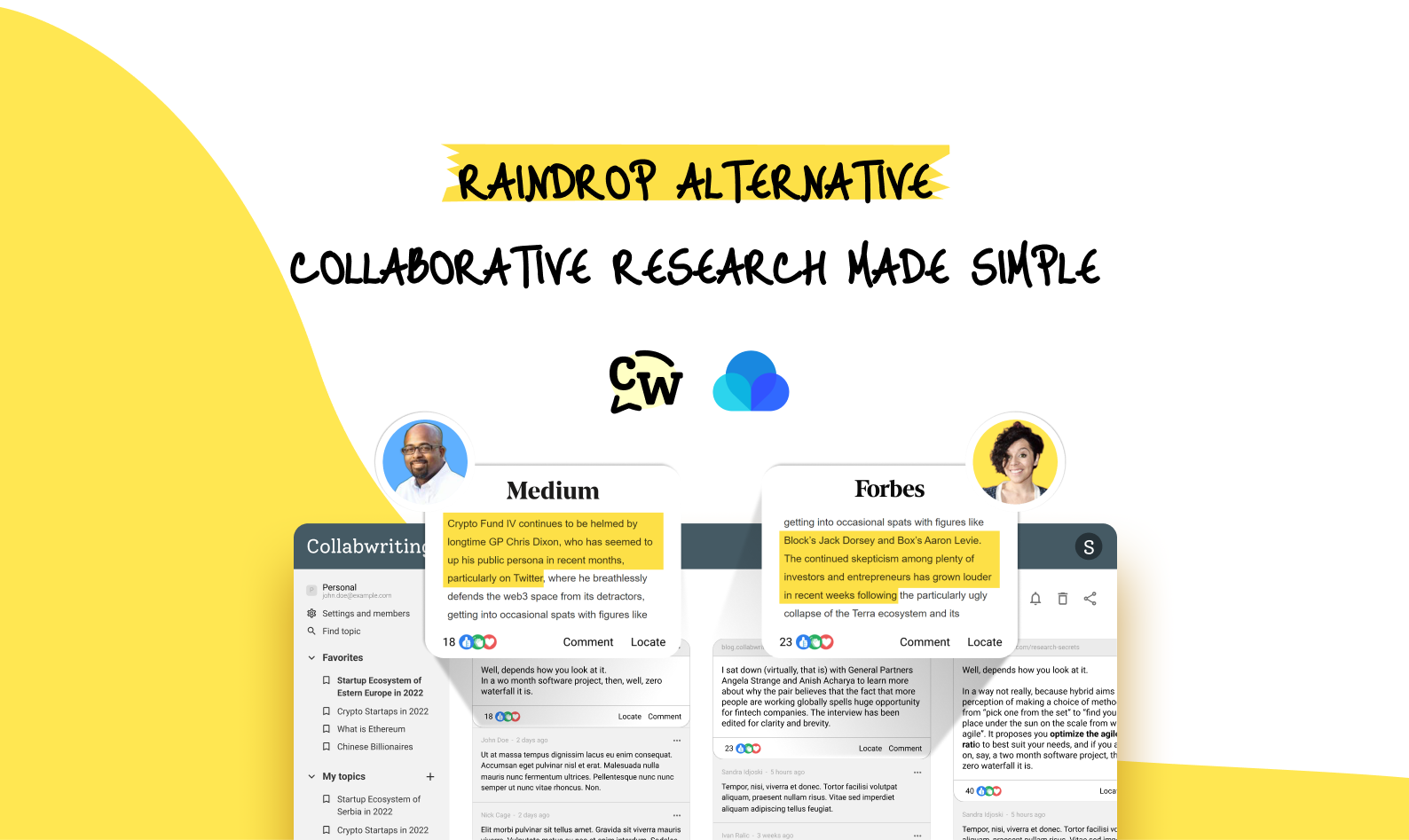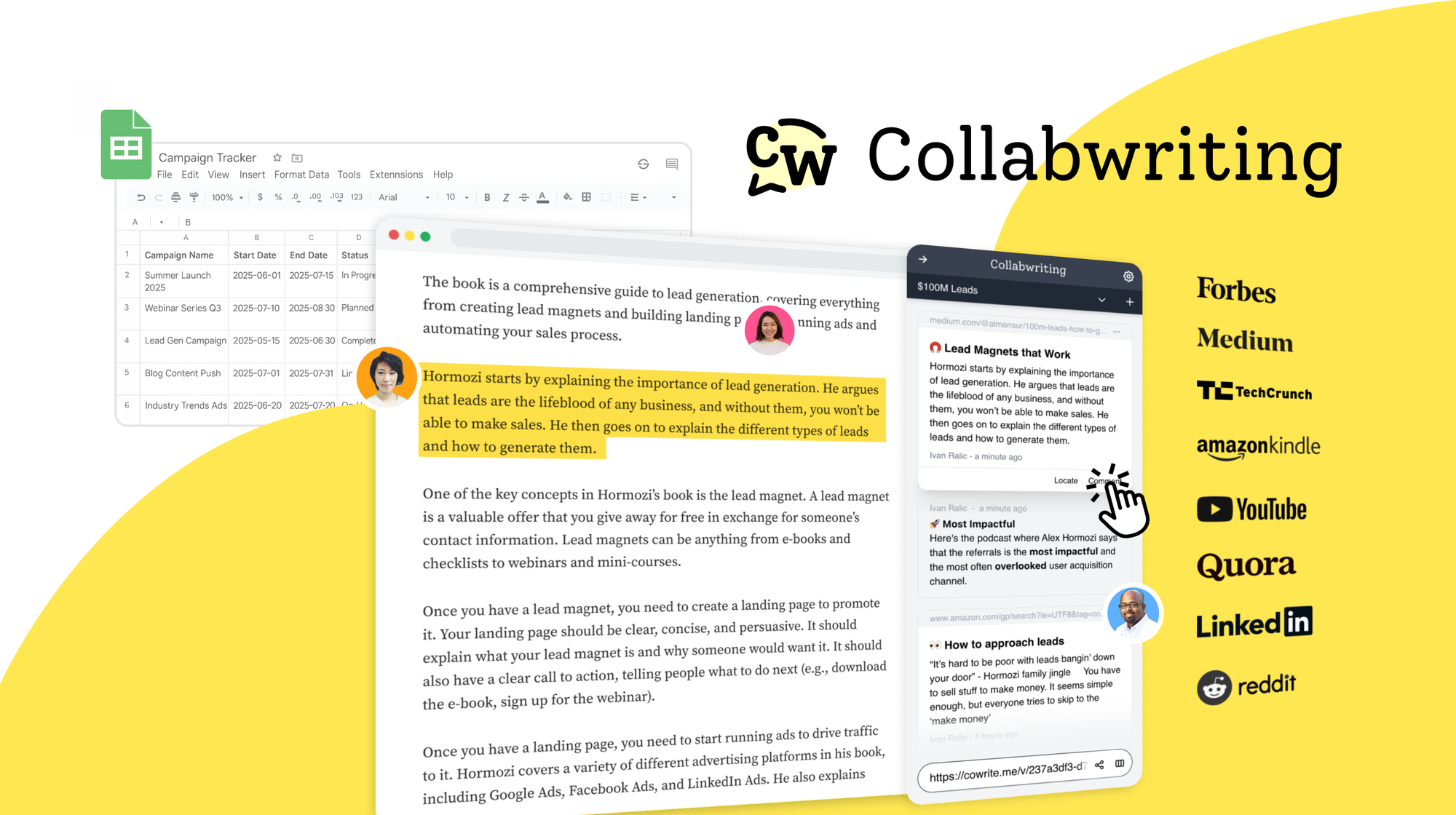Do you ever wonder who's responsible for making your favorite articles, novels, and social media content so good?
Well, let me tell you - it's the editor!
Despite their crucial role in producing high-quality content, editors often don't get the recognition they deserve.
This post is here to change that, and to give you practical editing tips for writers to help you work better with editors and improve your writing.
💡 A good editor can shine a light into a dark, forgotten corner of a manuscript and ask, "What’s happening there?"
The Role of The Editor
Editors are the final gatekeepers who ensure every piece of writing is polished and ready to publish.
They have a keen eye for detail and adapt their approach based on content type, whether it's a blog post, novel, or social media update.
For instance:
- When editing a blog post, they know that short and snappy sentences keep readers hooked.
- When editing a novel, they understand that long, descriptive passages can add depth and richness to the story.
The average human attention span is only 8.25 seconds, which is less than the goldfish's 9-second attention span.
But their work doesn't stop there.
Editors are like linguistic detectives, hunting down every spelling and grammar mistake. They replace dull words with more appropriate synonyms to elevate the text.
They also help to create a consistent voice and tone throughout the book or blog post, ensuring readers have a pleasurable experience.
Essential Skills Every Editor Has
- Language: Perfect knowledge of the language is a pillar of the editor's profession. They need to know grammar and spelling rules so they can quickly check if a sentence is correct. Since they often work under pressure, there’s little room for mistakes.
- Research: This part of the job is definitely the most demanding. It takes a lot of time to ensure that the information is accurate, verified, and relevant. During the research process, editors and writers communicate frequently, but without the right tools, it can be quite challenging.
- Audience understanding: To make the text easy to consume, an editor's main goal should be to improve the reader's experience. Editors need to focus on readability and identify any issues that might slow understanding.
- Organizational and management ability: Editors are multitaskers who ensure that writing is edited and submitted on time. They coordinate with various writers, both in person and through technology, while managing multiple projects. Despite the pressure, editors consistently deliver polished work on schedule.
Editing Tips for Writers: How to Help Your Editor Help You
Knowing what editors do, and the challenges they deal with, is just the start.
Now let's look at how writers and editors can work together to make more quality content.
Do Proper Research and Source Gathering
Inaccurate, unverified, and irrelevant data drives editors crazy!
Before adding facts or data, take time to research and verify sources carefully. This saves time for both you and your editor and improves the trustworthiness of your content.
It also reduces back-and-forth revisions, letting your editor focus on refining your ideas instead of fixing avoidable errors.
In a time when AI-generated content is everywhere, accuracy and clarity are what make your work stand out.
Keep Track of Your Sources
Search engines like Google penalize websites with plagiarized content, and copying ideas without proper attribution can seriously hurt your credibility. If you send a draft full of unverified or copy-pasted material, don't be surprised if your editor doesn't even reply.
That's why plagiarism checks and keeping track of your sources should be part of your content creation process from the start. Not just to avoid issues, but to make your work more reliable and easier to edit.
With a tool like Collabwriting, this becomes much simpler.
As you research, you can save snippets of information with the source link attached, so there's no confusion later about where something came from. Editors can then see exactly which sources you've used, leave comments directly under those snippets, and collaborate with you more efficiently.
See how Collabwriting works 👇🏼
This kind of transparent collaboration speeds up the fact-checking process, reduces misunderstandings, and builds trust.
And when all your research is neatly saved in one place, you can easily reuse or build on it for future content. Plus, you can keep adding new sources as you go, turning every piece you write into a long-term knowledge base.
Embrace Collaboration
Good writing is often the result of teamwork.
Communicate openly with your editor about style, tone, and audience. Ask for examples of published pieces with the voice you want to achieve, and be ready to adjust your style accordingly.
Clear communication upfront saves time in later editing rounds. Don't wait until the final draft to ask questions - share your outline, research, or even early drafts to get feedback early on.
Leverage AI But Don't Rely on It Blindly
AI writing assistants can speed up first drafts and help you get unstuck, but they often generate generic or inaccurate information. Treat AI as a brainstorming partner, not a fact-checker. Always verify the outputs, especially when including data or quotes.
Editors will expect a human layer of judgment before content lands on their desk.
Get Creative But Keep Your Audience In Mind
Adapting your writing style to your audience is one of the most important things you can do.
Editors will often share guidelines for tone and voice, but if they don't, just spend a few minutes reading published articles on their site. It'll give you a feel for what they're after.
Not sure if you're on the right track? Ask your editor for a few examples that match the style they want. It'll save both of you time.
💡 And here's a bonus tip:
If you want to sound like an expert, start talking like one. Read what people in your industry are sharing: LinkedIn posts, books, event recaps, and pay attention to the language they use. When you learn the lingo, your writing won't just sound better, it'll feel more credible, too.
More Editing Tips to Keep in Mind:
- Focus on Clarity and Structure
- With increasing content saturation, clarity is king. Editors in 2025 are likely to value clean structure over cleverness. Use strong headlines, clear subheadings, and bullet points to break up long text. If your structure is solid, your editor can spend more time on nuance instead of cleanup.
- Document Context
- Don’t just hand over a Google Doc. Provide your editor with a quick brief or summary of the why behind the piece: target reader, pain point, intended takeaway, or what inspired you to write it. This helps editors better align your writing with the bigger picture.
- Revisit and Enrich Past Research
- Content isn't created in a vacuum. In 2025, the best writers will reuse, remix, and expand on past research. With tools like Collabwriting, you can revisit old highlights, add new sources, and refine ideas over time. This habit can turn one-off projects into long-term content assets.

Collabwriting - Shareable Notes on Web Pages and PDFs
Collabwriting allows you to gather all your online sources in one place. No more endless scrolling, no more lost insights, just simple, structured knowledge at your fingertips.
Just highlight, save, and collaborate with anyone on any content you find online.
Final Notes
By understanding the editor's role and following these editing tips for writers, you can build a strong partnership that leads to better content.
- Research thoroughly
- Track and verify your sources
- Use the right tools to collaborate
- Keep your audience in mind
With a bit of effort and the right approach, your writing will reach new heights, and you might just fall in love with the editing process.




![The Best Tool for Collaborative Research in Content Marketing Teams [2026]](/content/images/2025/12/image--5-.png)

![5 Tools Marketers Use to Organize Research - Compared [2026]](/content/images/2025/11/cover-4-1.png)

![Build Credibility in Research: Smart Way to Verify Information and Track Sources Easily [2025]](/content/images/2025/10/covers-for-blog--7--1.png)

![How Marketers Can Turn LinkedIn Content into Collaborative Research [2025]](/content/images/2025/10/covers-for-blog--8-.png)
![Best Readwise Alternative for Personal & Team Research [2026]](/content/images/2025/09/Frame-814--3-.png)

